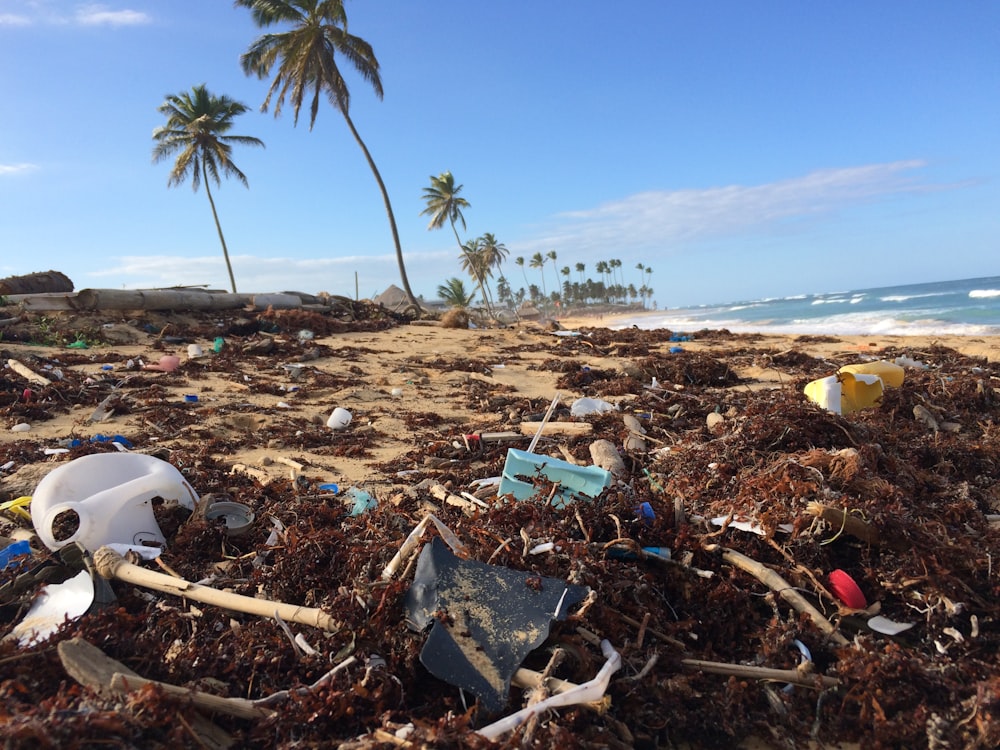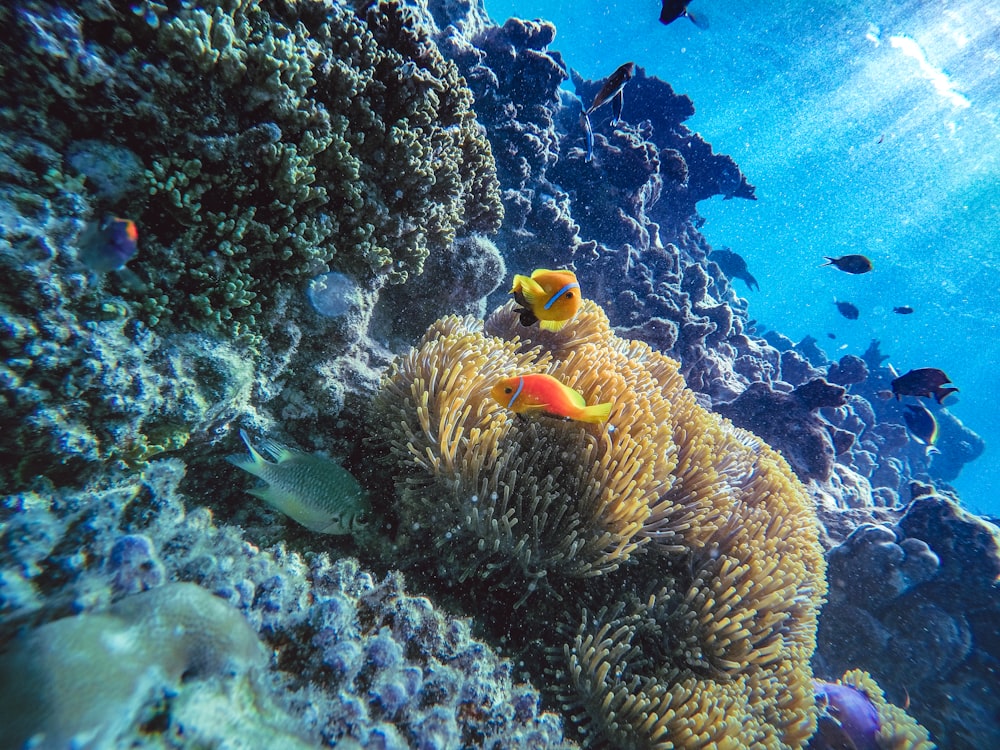Single Use Plastic Phase-out policy
The phase-out policy of Single Use Plastic (SUP) purposes to significantly reduce the plastic products and importation of SUP by 2030, and promote sustainable materials in tourism Maldives. This policy aims to enhance human health and protect the underwater world in the Maldives. The policy includes:
- The band of importation, manufacture and trade of Specific SUP Products including one-time use plates, cups cutlery and stirrers.
- Market Based Instruments (MBI’s): Increase charges for the particular SUP products from June 2020.
- Reinforcement of reducing plastic packaging. Importing products with plastic packaging must be declared and managed prior to coming into the country. By 2023, the Maldives enforces this policy to diminish the litter usage that is killing their marine world.
Reference
Hawwa, N. (n.d.). Single Use Plastic Phase-out policy for Maldives (Rep.). Ministry of Environment Republic of Maldives.
Initiatives at resort facilities for sustainability

Some resort facilities in the Maldives have strategies in place in support of the sustainability goals. One example is Kudadoo Maldives Private island which opened as a resort island in the Maldives in 2018. A significant feature of Kudadoo Maldives Private island is the big photovoltaic roof. The Maldives already had solar panels; however, most of them are hidden in discrete areas. The 320-kWp (kW peak) solar system at Kudadoo Island provides energy to power the whole island without additional energy. Also, the initial expense of this facility will be paid off in only five years. Moreover, structures of Kudadoo Maldives Private island are made of timber from sustainably certified forests in Canada, New Zealand and Indonesia. The island takes advantage of the natural light and 50% of indoor areas have minimum 5-hour shade per day.
Reference
Borgobello, B. (2018, December 28). Impressve solar-powered island resort opens in the Maldives. Retrieved November 13, 2020, from https://newatlas.com/kudadoo-island-maldives/57717/
National water and sewerage policy (NWSP)

The government of the Maldives is focusing on providing access to safe water and improved sewerage facilities for all islands in the Maldives to achieve “Sustainable Development Goal 6: Ensure Access to Clean Water and Sanitation for All.” The NWSP has nine policy goals, and following these policy goals will support sewerage facilities and water supply systems in the Maldives in terms of economically feasible and environmentally sustainable technology.
9 policy goals from NWSP are:
- Ensure access to safe water supply and adequate sewerage services for all.
- Adopt cost-effective environment-friendly, appropriate technologies in developing water supply and sewerage systems.
- Strengthen legal framework.
- Encourage the private sector to invest and engage in water and sewerage services development.
- Build institutional capacity in water resources, water supply and sewerage services.
- Maintain financial and environmental sustainability of water and sewerage services.
- Strengthen advocacy and awareness programs in water resources, water supply and sewerage.
- Promote research and development for sustainable use of water reduces, water supply and sewerage systems.
- Protect and conserve water resources.
References
Abdul, M. M., Shaheeda, I. A., & Mohamed, M. (2017). National Water and Sewerage Policy (Issue brief). Republic of Maldives: Ministry of Environment and Energy. Retrieved November 13, 2020, from https://www.climatechangenews.com/2019/11/18/three-islands-inspired-maldives-fight-water-shortages/
Tetratech. (n.d.). Water, Sanitation, and Hygiene. Retrieved November 13, 2020, from https://www.tetratech.com/en/markets/international-development/practice-areas/water-sanitation-and-hygiene
Protect biology system (coral reef)
Coral reefs are one of the most famous purposes to visit the Maldives. However, Coral reefs in the Maldives have faced severe problems such as a decreasing coral cover due to the fast growth of tourism. Thus, some tourism companies have practiced restrictions to protect coral reefs. For example, tours by Naturetrek Wildlife Holidays takes only 16 passengers on a small ship, and a professional marine biologist. Small-sized tours can reduce the negative impacts on the environment and coral reefs. Also, the Maldives began the coral conservation project at palm beach island resort. This project helps to grow corals into enough size first, then tries to re-attach the corals to natural substrates.
References
How Environmental Impacts Are Minimised. (n.d.). Retrieved November 13, 2020, from https://year11geoleileikung.weebly.com/sustainability.html
Save the Beach Maldives. (n.d.). Retrieved November 13, 2020, from https://savethebeachvillingili.wordpress.com/
Fishing technique “pole and line”

In the Maldives, fish is the main natural resource. Mainly, tuna is the primary export resource, and it is the second biggest industry after the tourism industry. Fishing is a significant sector for the economy and income for women in the Maldives. Thus, fishermen use a pole and line, a fishing technique, which means that fishermen catch fish one by one skipping jack tuna. By using this fishing technique, people can reduce damages to marine life. A pole and line technique protects the local ecosystem and some endangered marine creatures such as turtles. This excellent practice example in the Maldives was shared and discussed at the second oceans forum in 2018 to solve the problem of illegal fishing, overfishing and excessive tuna fishing.
References
The Maldives set an example of sustainable seafood value chains. (n.d.). Retrieved November 13, 2020, from https://www.unenvironment.org/news-and-stories/story/maldives-set-example-sustainable-seafood-value-chains

